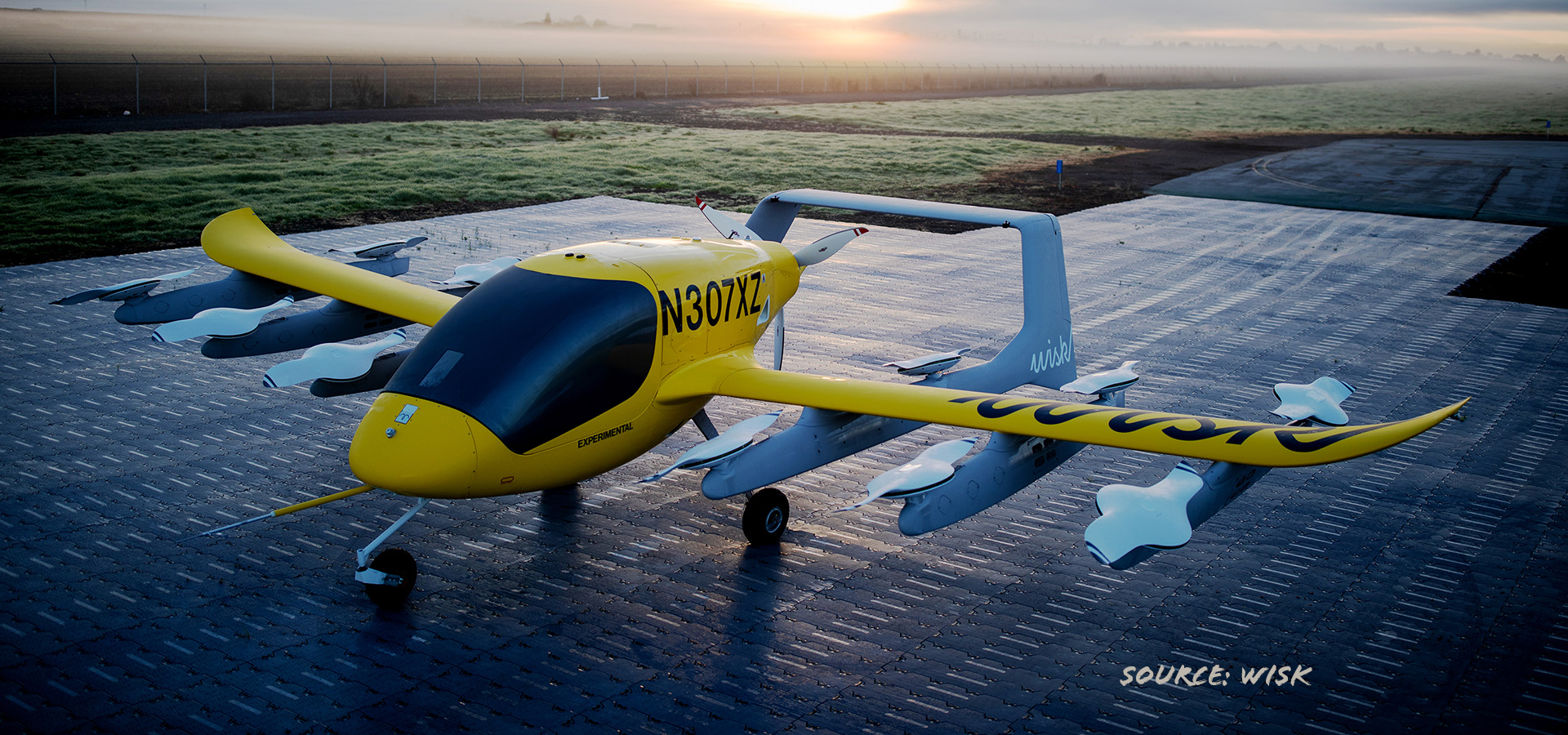Robotics and autonomous systems
Robotics and autonomous systems describe systems of platforms, such as automobiles, airplanes, robots, and UAVs, that move and operate in a physical environment for goal-oriented actions. With the tools and algorithms in multiple toolboxes, you can simulate, estimate, navigate, and control the platform states, such as its position and velocity, as well as monitor the physical environment. Specifically, you can:
Design, model, and simulate autonomous system scenarios that include platforms, trajectories, paths, sensors, and environment using various coordinate systems and maps.
Generate and classify detections, estimate platforms, and obtain various maps of the environment.
Plan the paths of robots, UAVs, and automobiles using different path planning algorithms based on varied motion characteristics.
Control robots, UAVs, and automobiles using multiple motion control algorithms and strategies.
Connect software design with robot operation systems (ROS) and deploy your designed estimation, navigation, and control algorithms on hardware.
Robotics and autonomous systems
Robotics and autonomous systems describe systems of platforms, and that move and operate in a physical environment for goal-oriented actions. With the tools and algorithms in multiple toolboxes, we can simulate, estimate, navigate, and control the platform states, such as its position and velocity, as well as monitor the physical environment.
Design, model, and simulate autonomous system scenarios that include platforms, trajectories, paths, sensors, and environment using various coordinate systems and maps.
Generate and classify detections, estimate platforms, and obtain various maps of the environment.
Plan the paths of robots and UAV susing different path planning algorithms based on varied motion characteristics.
Control robots and UAVs using multiple motion control algorithms and strategies.
Connect software design with robot operation systems (ROS) and deploy your designed estimation, navigation, and control algorithms on hardware.
Guidence,Navagation and Control
It all begins with an idea.
Guidance
Calculate range between two vehicles
Navigation
Implement three-axis measurement of accelerations, angular rates, inertiasControl
Simulate various controllers, such as one-dimensional, two-dimensional, three-dimensional typesActuators
Represent linear and nonlinear actuators with saturation and rate limitsPilot Models
Implement pilot modelsFlight Parameters
Calculate aerospace parameters such as ideal airspeed correction, Mach number, dynamic pressure


